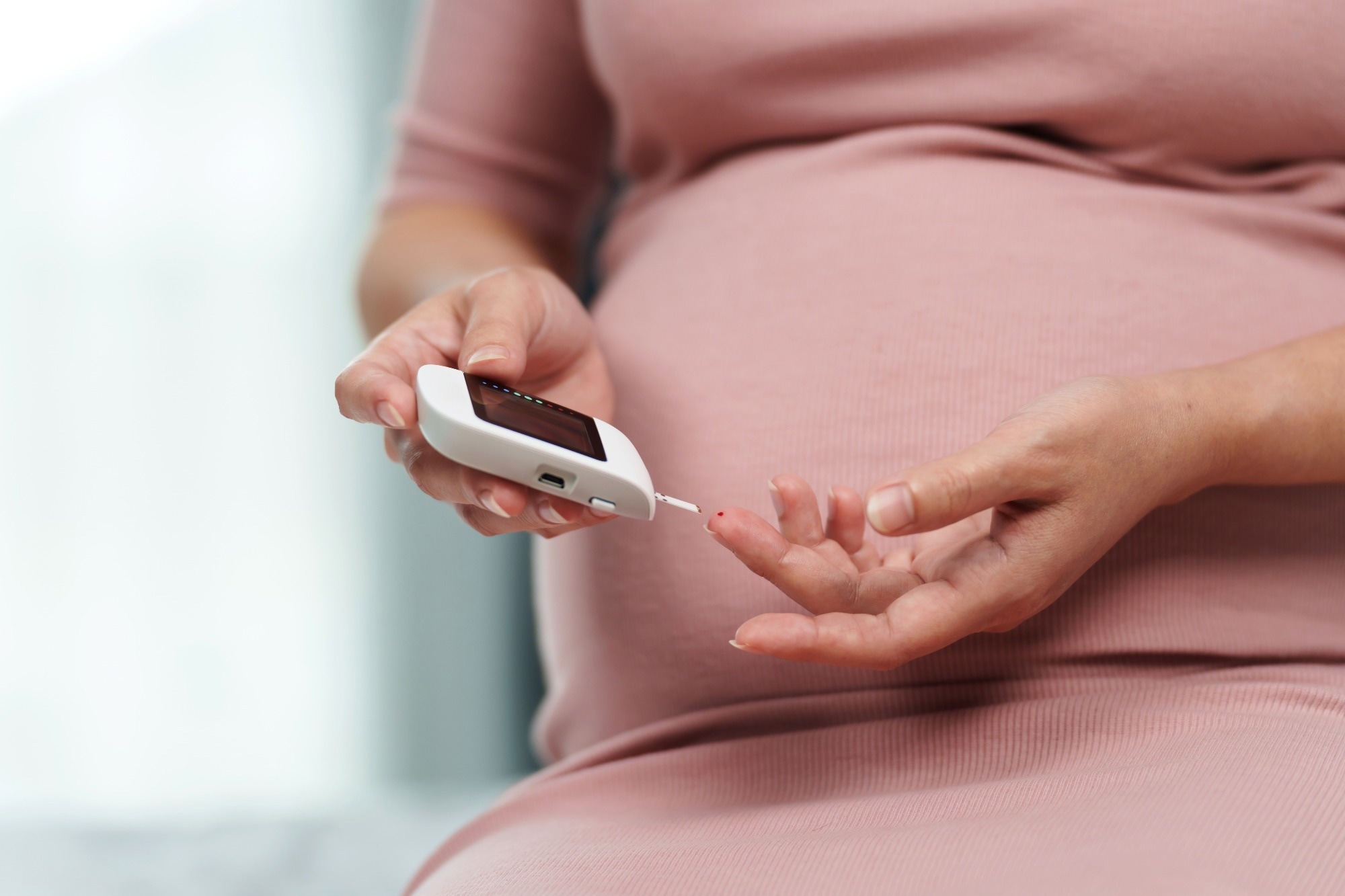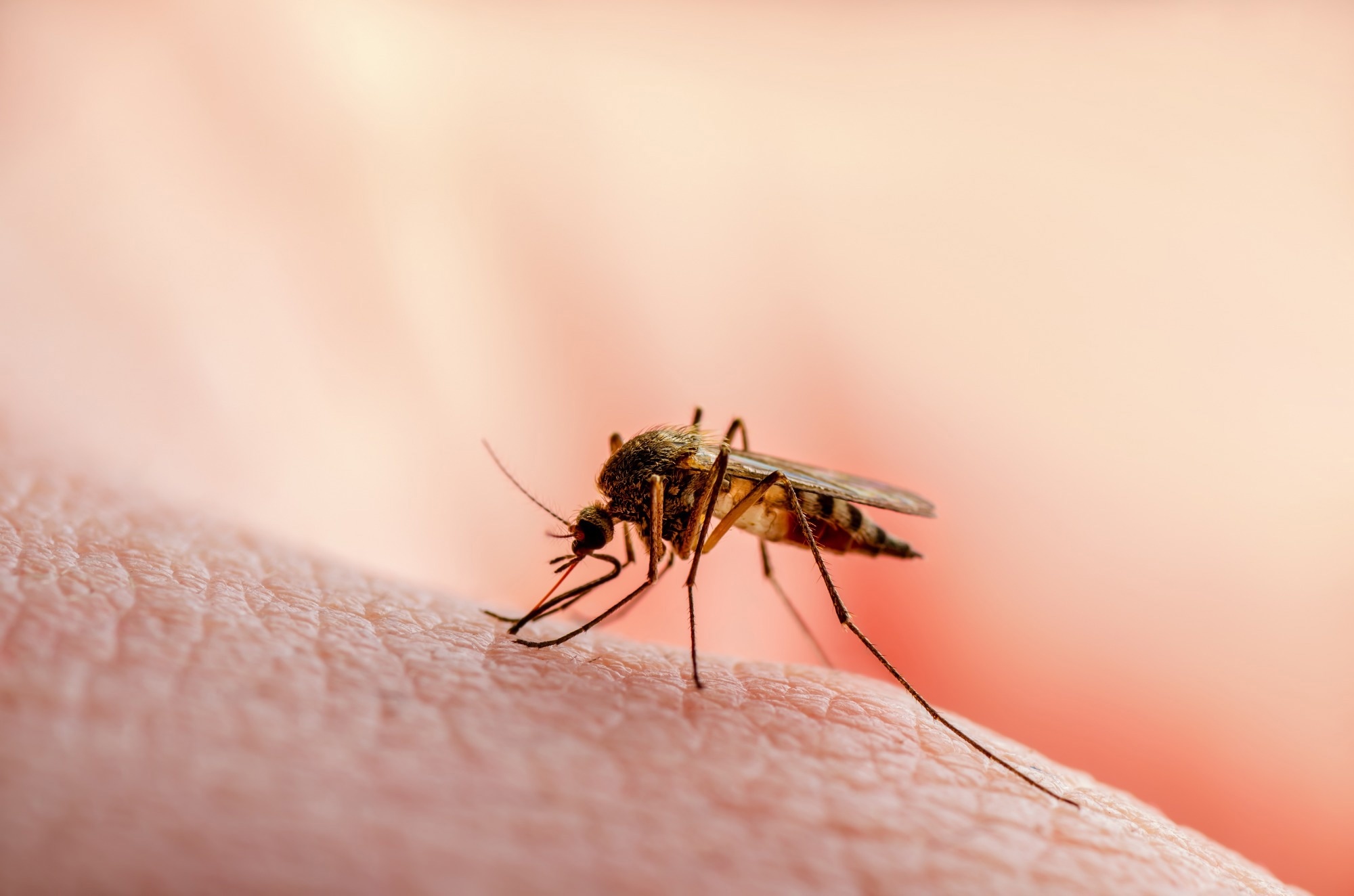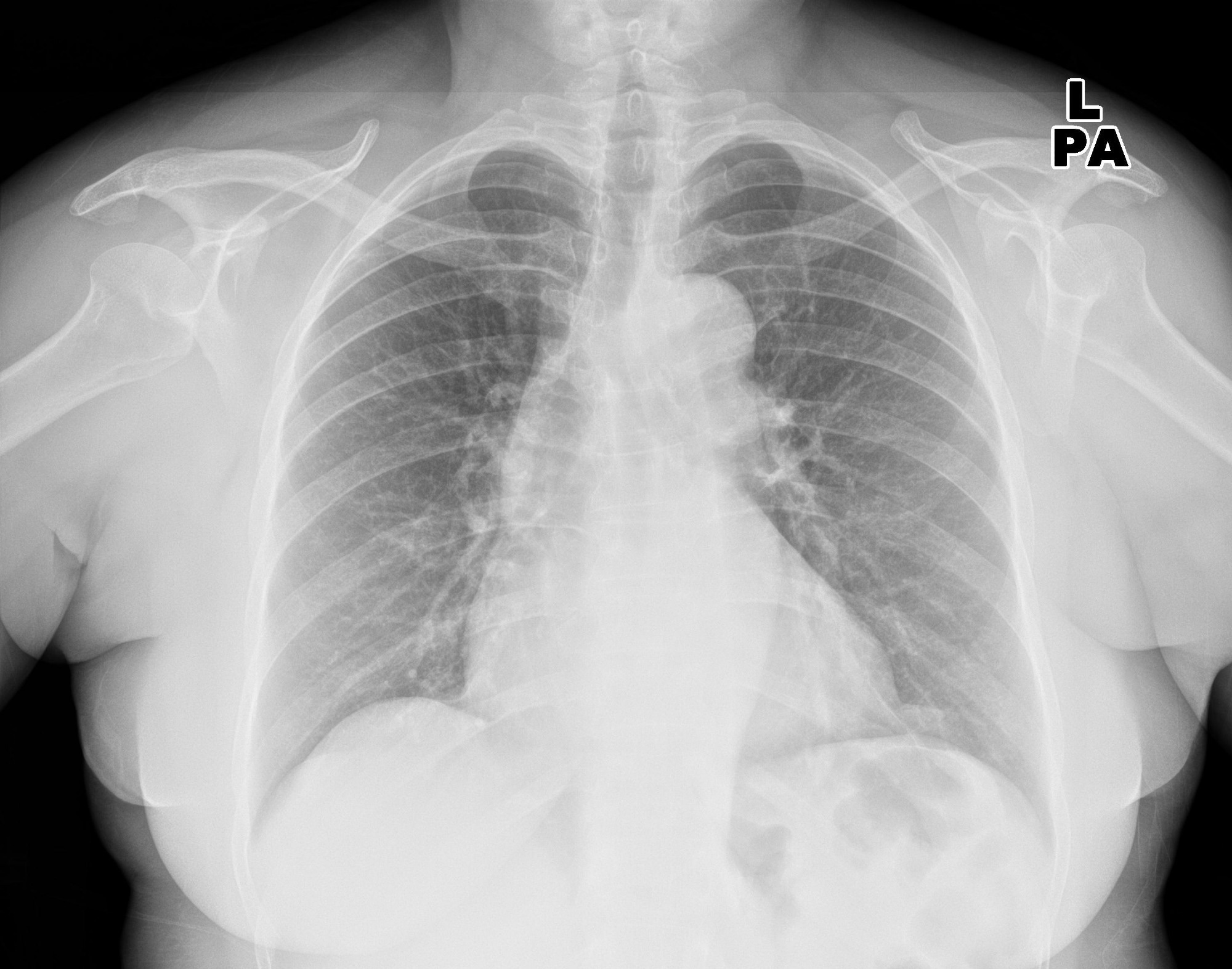
RMDs are a burden for individuals, and a challenge to healthcare systems. There are not enough rheumatologists to look after the number of people with RMDs. In addition, there is an uneven distribution of rheumatologists in most countries – particularly in low- and middle-income countries.
Patient organizations offer information and assistance, they also represent and advocate for patient interests and needs; as a result, they play a pivotal role in healthcare systems. EULAR PARE works to ensure that RMDs are recognized, prevented, and cured – with the patient at the heart of healthcare delivery. This includes connecting patient organizations, collaborating on projects, and sharing best-practice ideas, at the European level, and through the International PARE project group (IPARE), also extended to different continents.
A small project group, derived from the PARE Session, “Different Continents but Universal Problems, convened by Dieter Wiek at the EULAR 2022 Congress in Copenhagen, consisting of representatives from South and Central America, North America, Africa, and Europe has been established – and it is hoped that a representative from Asia will also join the project. After an introductory in-person meeting the members are now meeting virtually every 6-8 weeks, with webinars every 2-3 months.
In spite of different healthcare systems, economic status, and the extent of the deficits, the project group has so far identified certain commonalities. This includes a lack of rheumatologists (in particular pediatric rheumatologists), shortage of allied health professionals, delayed diagnosis, access to recommended treatments, and a general need to educate the public and create awareness for RMDs.
To help find solutions to these issues, the group developed a list of suggestions about how these deficits could be tackled, and how patient organizations can collaborate, taking into account national peculiarities and languages. To avoid duplication and to check what already exists, an inventory list of informative and educational material is being established.
The project group members work with great enthusiasm, are eager to share knowledge, and want to learn what can be implemented in their organizations and countries. In addition, the group members focus on supranational issues. The project group members share, learn, and convey to support implementation.”
Dieter Wiek
An update on IPARE and its mission will be shared at the 2023 EULAR congress, taking place from 31st May in Milan, Italy. For more information, visit the abstract session on Friday 2nd June at 10:30 (Room 5), and the IPARE meeting on 1st June at 08:00 (Suite 2, South Hall Level 2).
Source:
European Alliance of Associations for Rheumatology, EULAR















